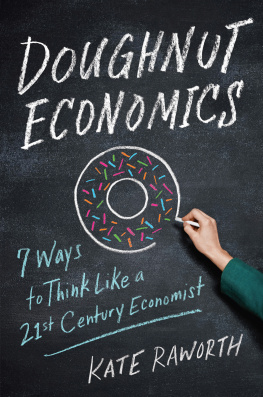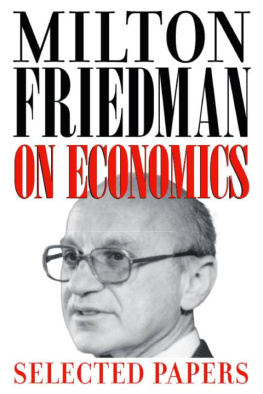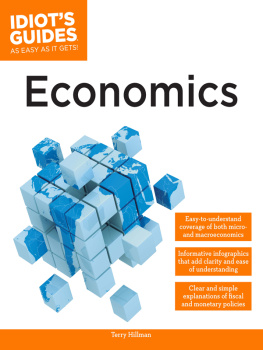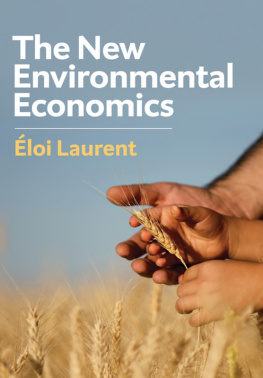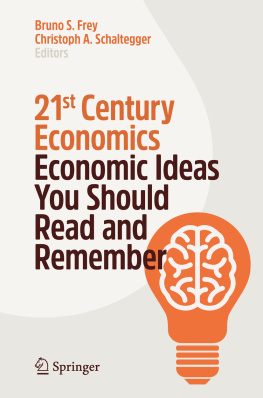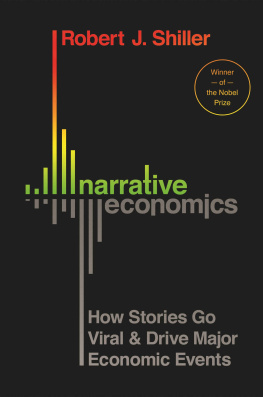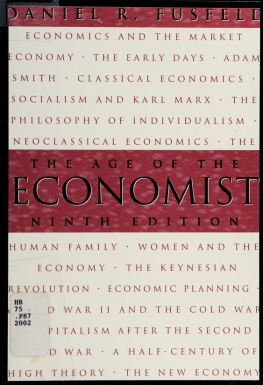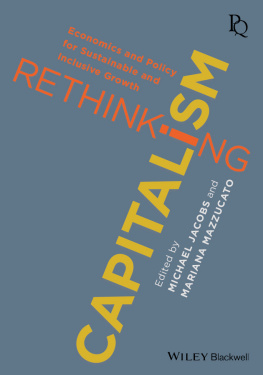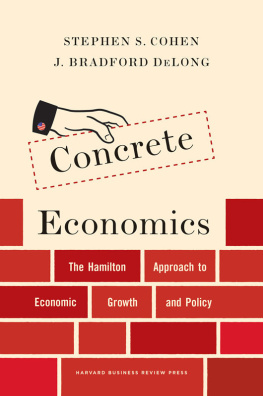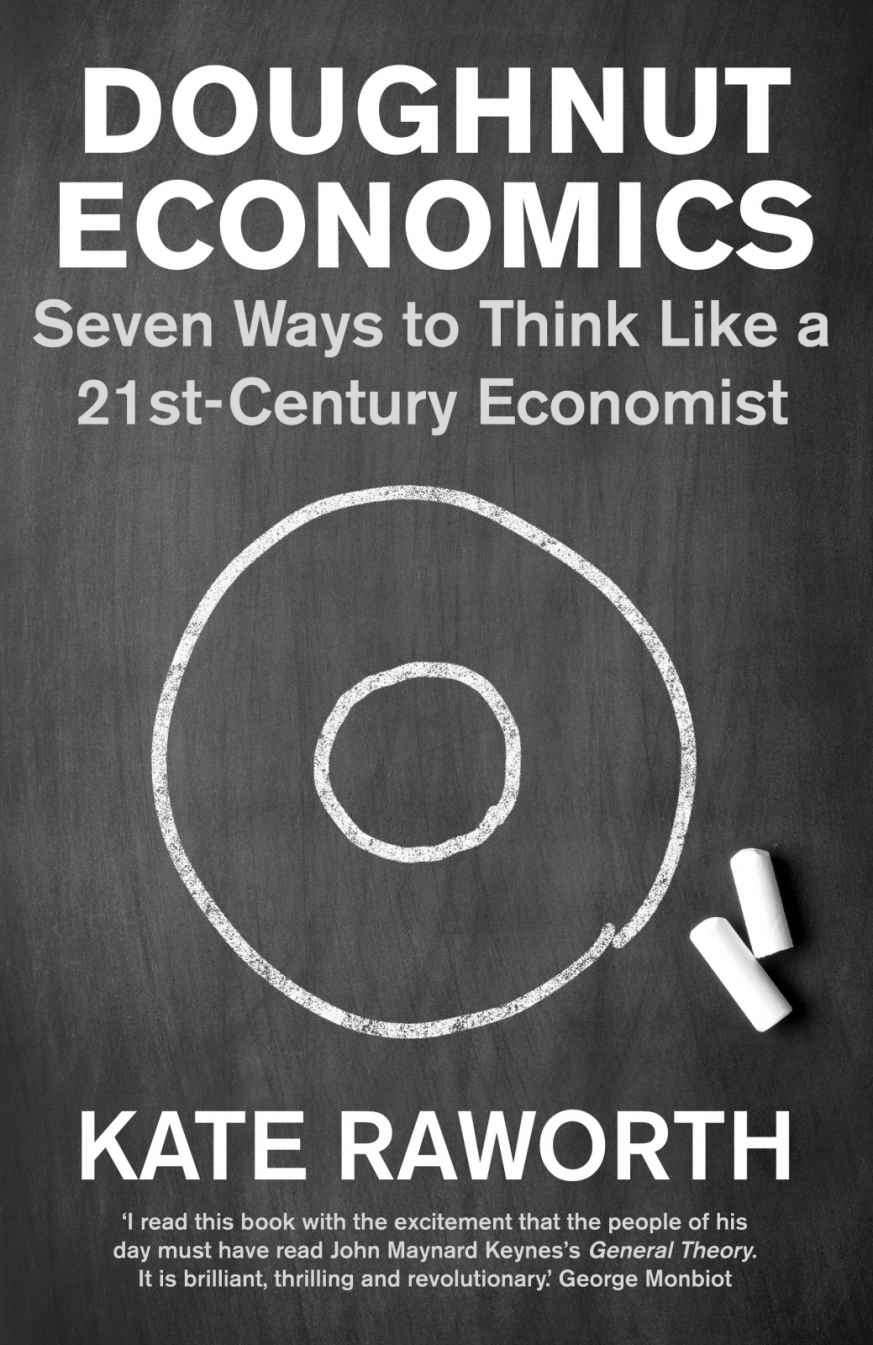
Contents
1. Change the Goal
from GDP to the Doughnut
2. See the Big Picture
from self-contained market to embedded economy
3. Nurture Human Nature
from rational economic man to social adaptable humans
4. Get Savvy with Systems
from mechanical equilibrium to dynamic complexity
5. Design to Distribute
from growth will even it up again to distributive by design
6. Create to Regenerate
from growth will clean it up again to regenerative by design
7. Be Agnostic about Growth
from growth addicted to growth agnostic
ABOUT THE BOOK
Economics is broken. It has failed to predict, let alone prevent, financial crises that have shaken the foundations of our societies. Its outdated theories have permitted a world in which extreme poverty persists while the wealth of the super-rich grows year on year. And its blind spots have led to policies that are degrading the living world on a scale that threatens all of our futures.
Can it be fixed? In Doughnut Economics , Oxford academic Kate Raworth identifies seven critical ways in which mainstream economics has led us astray, and sets out a roadmap for bringing humanity into a sweet spot that meets the needs of all within the means of the planet. En route, she deconstructs the character of rational economic man and explains what really makes us tick. She reveals how an obsession with equilibrium has left economists helpless when facing the boom and bust of the real-world economy. She highlights the dangers of ignoring the role of energy and natures resources and the far-reaching implications for economic growth when we take them into account. And in the process, she creates a new, cutting-edge economic model that is fit for the 21st century one in which a doughnut-shaped compass points the way to human progress.
Ambitious, radical and rigorously argued, Doughnut Economics promises to reframe and redraw the future of economics for a new generation.
ABOUT THE AUTHOR
Kate Raworth is an economist focused on exploring the economic thinking needed to address the twenty-first centurys social and ecological challenges. She teaches at Oxford Universitys Environmental Change Institute, where she is a senior visiting research associate. She is also a senior associate of the Cambridge Institute for Sustainability Leadership, and teaches on the Economics for Transition programme at Schumacher College.
Her internationally acclaimed idea of Doughnut Economics has been widely influential amongst sustainable development thinkers, progressive businesses and political activists, and she has presented its core ideas to audiences ranging from the UN General Assembly to the Occupy movement.
Over the past 20 years, Kates career has taken her from working with micro-entrepreneurs in the villages of Zanzibar to co-authoring flagship reports for the United Nations Development Programme in New York, followed by a decade as Senior Researcher at Oxfam.
Named by the Guardian as one of the top ten tweeters on economic transformation, her media work includes articles and interviews for the Financial Times , the Wall Street Journal , the New Statesman , CNN , and Al-Jazeera . Her academic research has appeared in journals including Nature Climate Change , Sustainability , Gender and Development , and the Journal of Ethics and International Affairs .
Kate has a BA in Politics, Philosophy and Economics, and an MSc in Economics for Development, both from Oxford University. She is a member of the Club of Rome and serves on several advisory boards, including the Stockholm School of Economics Global Challenges programme, the University of Surreys Centre for the Understanding of Sustainable Prosperity, and Oxford Universitys Environmental Change Institute.
www.kateraworth.com
www.facebook.com/doughnuteconomics
@kateraworth
DOUGHNUT ECONOMICS
Seven Ways to Think Like a 21st-Century Economist
Kate Raworth
The most powerful tool in economics is not money, nor even algebra. It is a pencil. Because with a pencil you can redraw the world.
WHO WANTS TO BE AN ECONOMIST?
In October 2008, Yuan Yang arrived at Oxford University to study economics. Born in China and raised in Yorkshire, she had the outlook of a global citizen: passionate about current affairs, concerned about the future, and determined to make a difference in the world. And she believed that becoming an economist was the best way to equip herself to make that difference. She was eager, you could say, to become just the kind of economist that the twenty-first century needs.
But Yuan soon got frustrated. She found the theory and the maths used to prove it absurdly narrow in its assumptions. And since she began her studies just as the global financial system was heading into free fall, she could not help but notice it, even if her university syllabus didnt. The crash was a wake-up call, she recounted. On the one hand we were being taught as if the financial system was not an important part of the economy. And on the other hand, its markets were clearly wreaking havoc, so we asked, Why is there this disconnect? It was a disconnect, she realised, that ran far beyond the financial sector, visible in the gulf between the preoccupations of mainstream economic theory and growing real-world crises such as global inequality and climate change.
When she put her questions to her professors, they assured her that insight would come at the next level of study. So she enrolled for the next level a Masters degree at the prestigious London School of Economics and waited for that insight to come. Instead, the abstract theories intensified, the equations multiplied, and Yuan grew more dissatisfied. But with exams on the horizon, she faced a choice. At some point, she told me, I realised that I just had to master this material, rather than trying to question everything. And I think thats a sad moment to have as a student.
Many students coming to this realisation would have either walked away from economics, or swallowed its theories whole and built a lucrative career out of their qualifications. Not Yuan. She set out to find like-minded student rebels in universities worldwide and quickly discovered that, since the millennium, a growing number had publicly started to question the narrow theoretical framework that they were being taught. In 2000, economics students in Paris had sent an open letter to their professors, rejecting the dogmatic teaching of mainstream theory. We wish to escape from imaginary worlds! they wrote, Call to teachers: wake up before it is too late!
When the financial crisis hit, it galvanised student dissent worldwide. It also spurred Yuan and her fellow rebels to launch a global network connecting over 80 student groups in more than 30 countries from India and the US to Germany and Peru in their demand for economics to catch up with the current generation, the century we are in, and the challenges ahead. It is not only the world economy that is in crisis, they declared in an open letter in 2014:
The teaching of economics is in crisis too, and this crisis has consequences far beyond the university walls. What is taught shapes the minds of the next generation of policymakers, and therefore shapes the societies we live in We are dissatisfied with the dramatic narrowing of the curriculum that has taken place over the last couple of decades It limits our ability to contend with the multidimensional challenges of the 21st century from financial stability, to food security and climate change.
Next page

